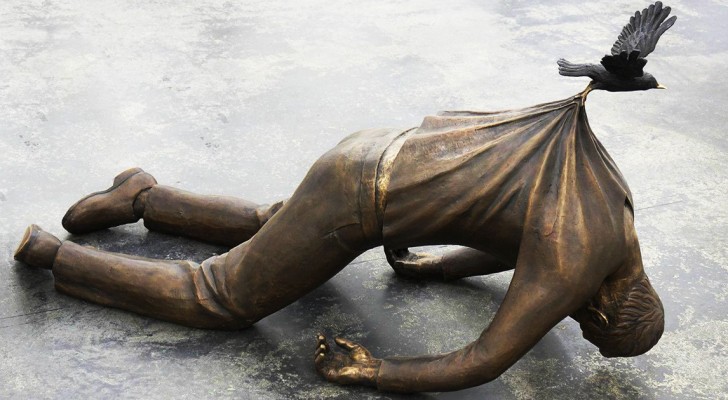King Richard I was the King of England from 1189-1199. He spent a significant part of his years on the throne abroad, fighting alongside the Crusaders to liberate the Holy Land. Though he prevailed on the battlefield, he was captured and imprisoned when returning home after the war. While the brave king was in prison, his brother managed to use the opportunity and gain the throne through the support of some mighty men who disliked his brother. Among them was the bishop of Lichfield. When King Richard was finally freed, he returned home and reclaimed the throne. He pardoned the Bishop of Lichfield for his disloyalty and betrayal on the condition that the Bishop would rebuild and renovate his cathedral. The magnificent cathedral that arose stands to this day and serves as a reminder of the king’s return and judgment.
Today’s Gospel reading is the parable of Ten Pounds (Luke 19:12-28). It is also a story about a king returning and those who despised him. But the outcome is different and more terrifying because there is no forgiveness and no pardon. It is impossible to smoothen the harsh and chilling message of the parable, and St. Luke made every effort to eliminate any chance of misinterpretation. The servant who did not use King’s money wisely was condemned and lost everything.
The judgment and justice portrayed in the parable might appear harsh. The servant did not waste away the money of the king. He carefully preserved and saved it all. Even his reasoning and rationale as to why he acted that way might appear logical and justified. He did so because he was afraid.
Fear can be a blessing or a curse. It is a basic survival instinct that helps us avoid danger from our infancy to adulthood. Fear can become an obstacle preventing us from fully living our lives, making important decisions, and embracing progress and change. Fear can also impact faith and sever our relationship with God. One way that takes place is through the relationship we form with our finances and money.
The consumer world we live in imposes on us a mindset of scarcity. This worldview is designed to make us believe that we need more and more just to keep up. The scarcity marketing has the potential to turn us into scarcity robots. It poisons our inner-peace and the sense of safety by constantly whispering in our ears that we need to earn more, spend more and share less because what we have is not enough. This worldview and way of life contradict Christian faith and teaching, which encourage generosity and sharing.
As we embark on the second year of our stewardship program, we too might experience fear and uncertainty about participation in this wonderful ministry. How much should I pledge? Is the amount I am comfortable with enough? Will I be looked down on because my pledge was too low? What if I don’t have enough for myself? What if I lose my job? The mindset of scarcity born of our false and irrational fears will present us with countless reasons why we should hold off… perhaps another time, perhaps later, when we have enough.
The parable’s message is that every blessing in our lives, including our financial security and ability, is a gift from God. It is a reminder that life and faith are ultimately about sharing and giving back. The parable teaches us that God is the source of our safety and security in our lives and not the things we have or don’t have. The parable is an invitation to put everything given by God to us into good use by sharing our blessings with people around us and with God. It is a wake-up call that sometimes, to experience the blessing of God in life and faith, we have to overcome our fears and insecurities and nurture a spirit of generosity and charity. Let us prayerfully consider investing our time, talent and treasure in our beloved St. George by sharing our blessings with our community and God, so the loving and compassionate Lord continues to touch and transform us and the lives of our parishioners through our community and parish ministries.


